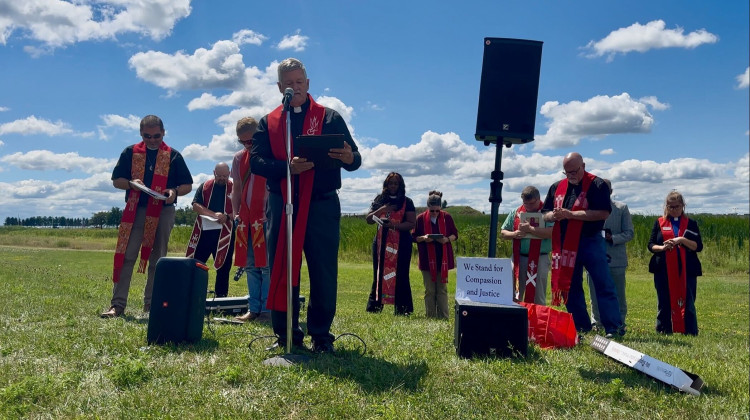INDIANAPOLIS -- If you’re arrested for a felony in Indiana, should the police automatically take a DNA sample to keep on file? That’s the question a panel of lawmakers considered Tuesday during a study committee hearing.
In Indiana, police input an offender’s DNA for comparison in a national database only after conviction of a felony. So-called “DNA arrestee testing” laws would allow law enforcement to take those samples after a felony arrest.
The effort to promote those laws has been spearheaded by Jayann Sepich, whose daughter’s killer was only identified three years later after he was convicted of another crime. Sepich notes he was arrested for something else 90 days after killing her daughter, and if his DNA had been taken then, she says not only could more crimes have been prevented, but money could have been saved.
“Two hundred thousand dollars could have been saved, because that’s how much money was spent investigating her case over those three years,” Sepich said.
But Indiana State Police counsel Brad Hoffeditz says the savings Sepich talks about wouldn’t help offset their new costs. He says the state police lab would need at least $1 million more a year just to process all the new samples, and that’s only a fraction of the cost to set up the system.
“We’re talking millions upon millions of dollars that would be necessary upfront, allocated to the State Police to help us redesign our infrastructure and our systems, hire new personnel, buy new equipment,” Hoffeditz said.
 DONATE
DONATE





 Support WFYI. We can't do it without you.
Support WFYI. We can't do it without you.